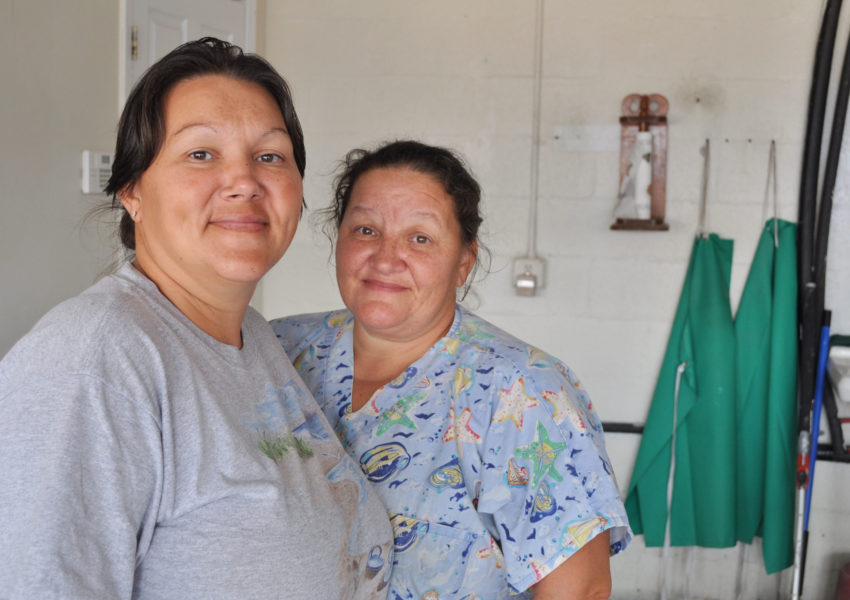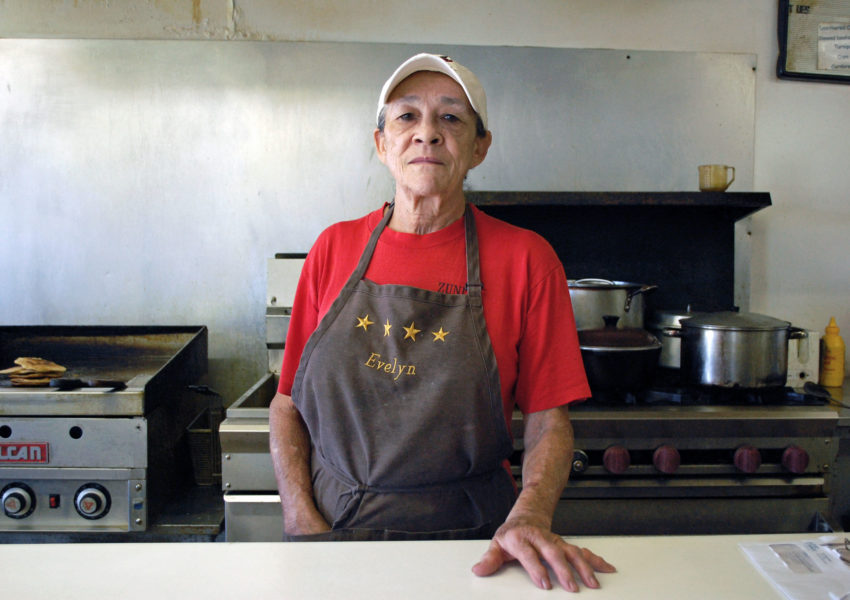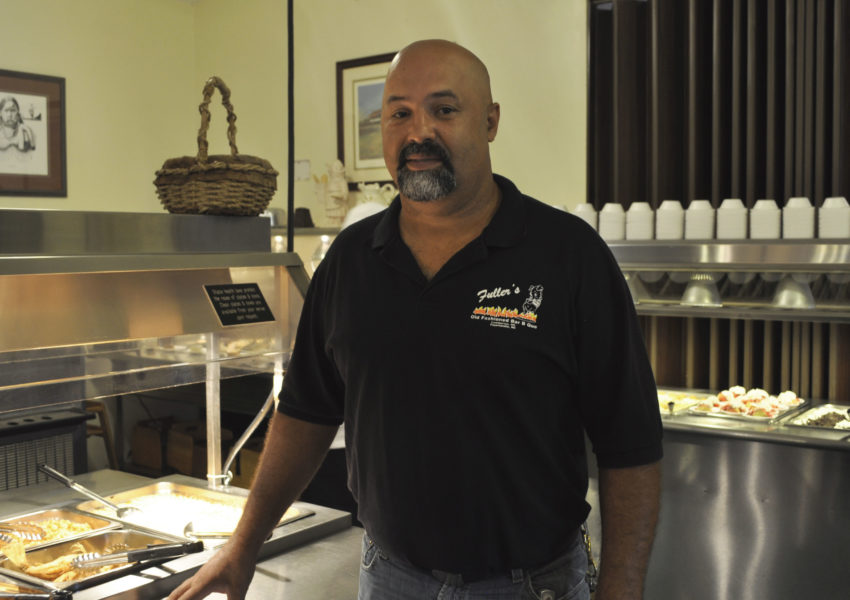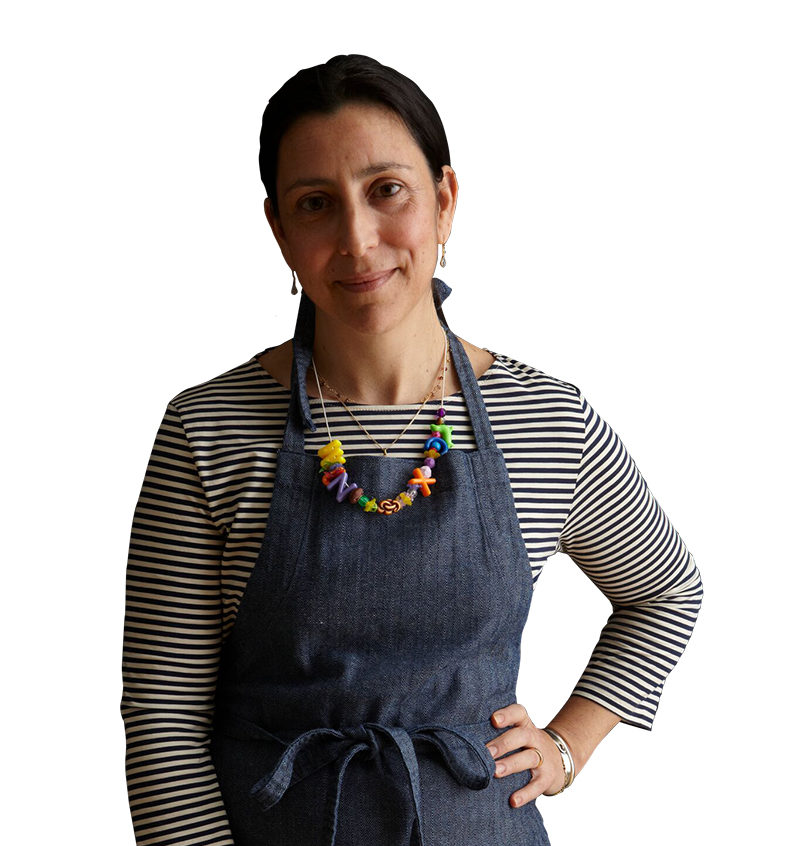< Back to Oral History project: Lumbee Indians of NC: Work and Cook and Eat
ORAL HISTORY
H. Dobbs Oxendine Jr.
The Old Foundry Restaurant
Heaverd Dobbs Oxendine Jr. (known to most people as “Dobbs”) spent most of his childhood in Fairmont, North Carolina, in the 1940s. Dobbs worked at the garage his uncle Hilton Oxendine operated. At the time, tri-racial segregation (black, white, and Indian) was common in Robeson County. In most of the establishments and businesses, blacks and Indians were not welcome. By the 1950s, Hilton moved his business to Lumberton, the predominately white county seat. As a Lumbee Indian in a town where the banks were controlled by whites, Hilton struggled to secure business loans but opened a Toyota dealership on what is now West 5th Street. Next to the dealership, he opened the Old Foundry Restaurant, which his brother Hubert managed. Dobbs worked in both the restaurant and car business.
The Old Foundry offered a place for Lumbee Indians to sit down and eat without being asked to leave. It also served as a political headquarters. Among many issues, Lumbee Indians gathered at the Old Foundry to fight the inequalities plaguing the county school system.
Dobbs attended Pembroke College (now the University of North Carolina-Pembroke) and became a teacher, but he returned to Lumberton and purchased The Old Foundry from his uncles after it closed by the 1970s. The restaurant still stands, and today he operates his businesses, Dobbs Enterprises, out of the adjacent building.







